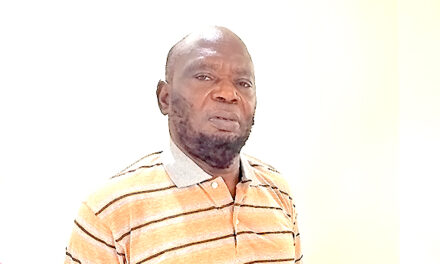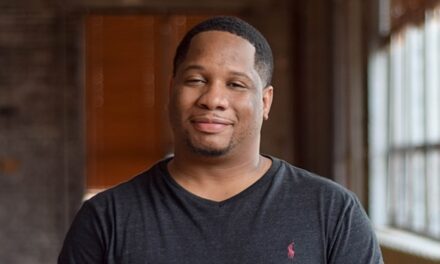A bill filed today in the Alabama House would provide that any fertilized human egg or human embryo outside of a uterus “is not considered an unborn child or human being for any purpose under state law.”
House Bill 225, filed by Democratic Reps. Anthony Daniels, Prince Chestnut, Curtis Travis, Ontario Tillman, Pebblin Warren, would apparently protect in vitro fertilization following a ruling by the state’s Supreme Court.
The bill would take effective immediately, if approved and signed into law.
The bill came after State Sen. Tim Melson, R-Florence, told the Alabama Reflector Thursday that he would file a similar bill.
“We all know that conception is a big argument that it’s life,” Melson said Thursday. “I won’t argue that point, but it’s not going to form into a life until it’s put into the uterus.”
The bill states that any fertilized human egg or human embryo outside of a human uterus “under any circumstances” would not be considered “an unborn child, a minor child, a natural person, or any other term that connotes a human being for any purpose under state law.”
The move comes after the Alabama Supreme Court last week ruled that embryos had the same legal status as children. The ruling has already had widespread repercussions for healthcare providers and families seeking treatment.
On Wednesday, the University of Alabama at Birmingham health system paused in vitro fertilization procedures. Multiple others offering IVF services in Homewood, Huntsville and Mobile on Thursday paused the procedure as well.
The Wrongful Death of a Minor Act “applies to all unborn children, regardless of their location,” wrote Alabama Supreme Court Justice Jay Mitchell. “[T]he Wrongful Death of a Minor Act is sweeping and unqualified. It applies to all children, born and unborn, without limitation. It is not the role of this Court to craft a new limitation based on our own view of what is or is not wise public policy. That is especially true where, as here, the People of this State have adopted a Constitutional amendment directly aimed at stopping courts from excluding ‘unborn life’ from legal protection.”
Melson said the advance of technology means there should be protections for IVF clinics in the event of accidents causing the loss of frozen embryos.
“I’m just trying to make sure it’s clear on what should be done and how we should handle it,” he said.










